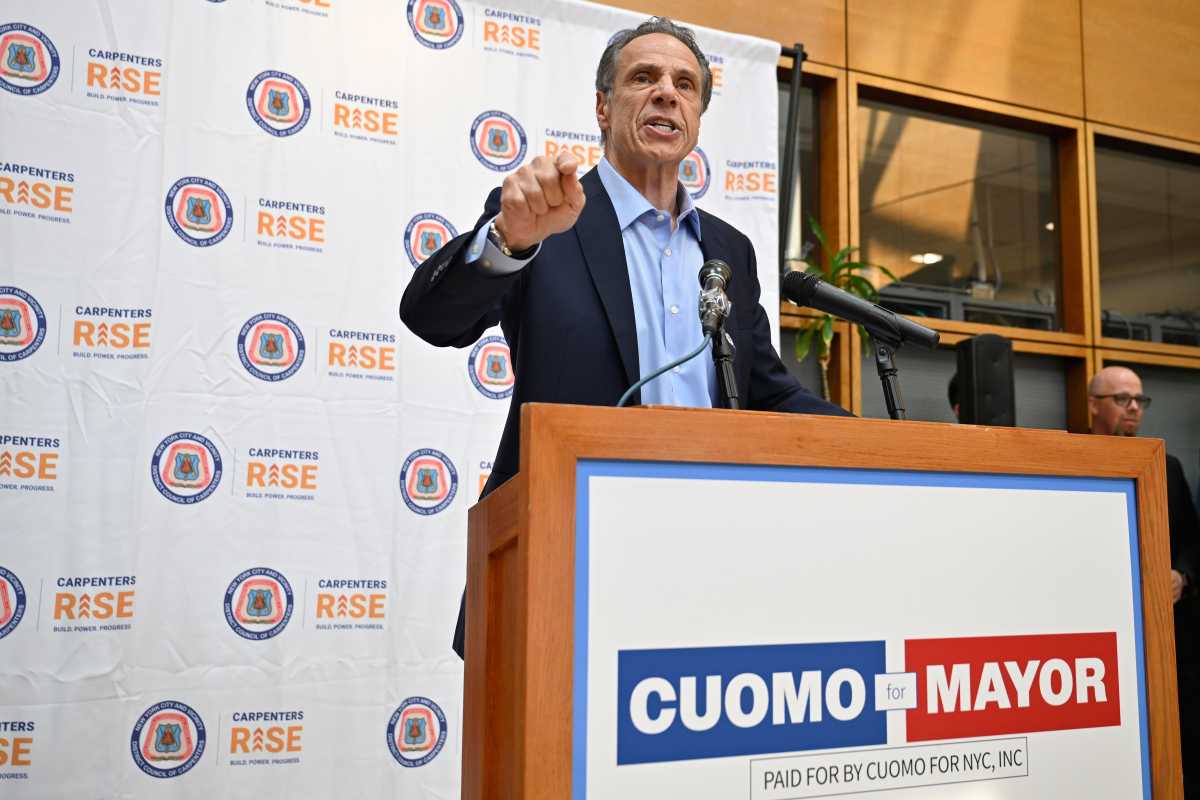Once upon the 1930’s, we saw big league baseball all over America. It was the Depression then, and American guys were outside playing baseball in the empty depression-era lots.
We played it for sports, for exercise and for fun (some lucky guys “made it”) from their school teams, from the sandlots – into the pros -or semi-pros.
Others during that Depression era collected milk bottles, or when Pepsi was born to the new commercial tune, “Twice as much for a nickel, you!” those 2-cent bottle deposits could buy a guy a 55-cent bleacher seat at Ebbets Field, Polo Gronds, Yankee Stadium. Baseball, that great American sports starring 99.5 percent Americans.
But way back in 1938, while in our final year at Lincoln, we went out to western Queens at the semi-pro-baseball field of the Homestead Greys. Lincoln’s High School star, Jerry Liebowitz, was scouted and touted by many teams and that night they worked him out as a first baseman. They liked his “glowing” and thought his batting impressive – but the war came too soon and Jerry got no further than playing in the Canal Zone on an Army team.
He once wrote to us from there, touting a great army pitcher he played with. He predicted very aptly, saying “Blackwell will be great after the war.” He was – the only big-league pitcher who threw two successive no-hitters. Jerry cam home four years later and got into business – not baseball. But we will always be reminded of that workout night that he had with the Homestead Greys, who that same night played the Cuban Black Giants. When they took infield practice, they whipped the ball around like no big-leaguers could perform. They hit well and pitched great – but none of them could be signed by our major, or even minor leagues – the problem was their black skin. Baseball then was “whites only.”
No black played league-ball here. One black played defensive back for the Chicago Football Cardinals. America was pure white. Overseas on Okinawa, volunteering as an umpire, my own airmates bawled me out, when as a volunteer umpire in a game our squadron played against a black engineer’sgroup, our group led 2-1 in the final seventh inning. The black batter rifled a drive to centerfield with the bases loaded – the tying run scored, and then another slid home, I leaned over and saw him slide a hook into the plate before the catcher’s glove nicked him. My hands went out, reflexively, calling him safe. The catcher shouted reflexively, “n—ger lover.” I shrugged and hung my head shamefully, yet bravely. Here in America the sports world has changed so much. Blacks race across our basketball floors. There’ll never be another Michael Jordan, football’s greatest included so many dark heroes, and American baseball is now so internationlly, multi-racially flavored.
In the 1939’s Tony Iazzeri was a novelty Italian in the Yankees’ lineup. The press dubbed him the Walloping Wop. Then came the famed Frankie Crossett, Phil Rizzuto, Joe and Dominck DeMaggio. Italy became famed for American basebell.
And suddenly the Latin beat dawned on the American pastime. From Cuba, from Puerto Rico and where they harvest great shortstops in Dominica, the swish of the bat is heard year-round, swinging for the big-league dinero. Look at this year’s box scores where the Japanese have sneaked in among so many Latinos and they pull in so many piles of dinero now to enjoy back in the sunny islands. The American pastime has gone global and now here we again hear the sounds of the pigskins; the screams of the crowds; the glamorous cheerleaders, the blaring bands – all over America and beyond.























